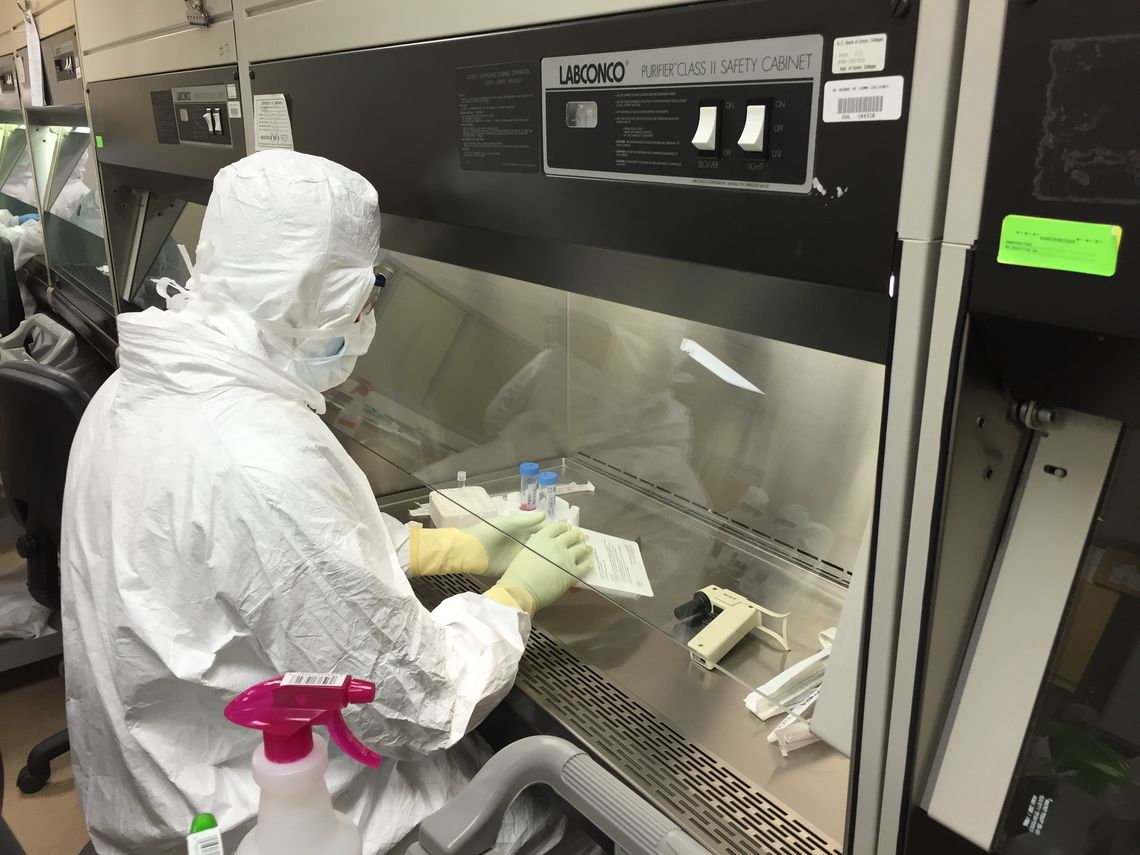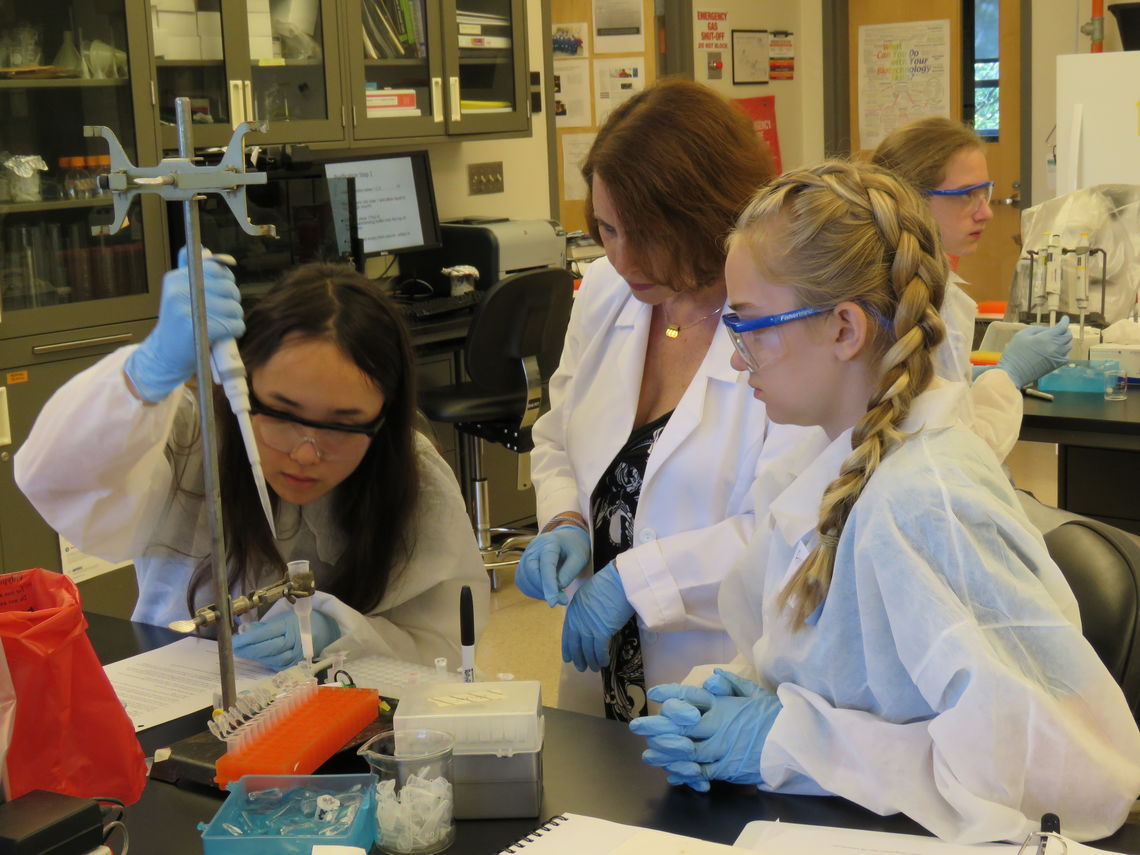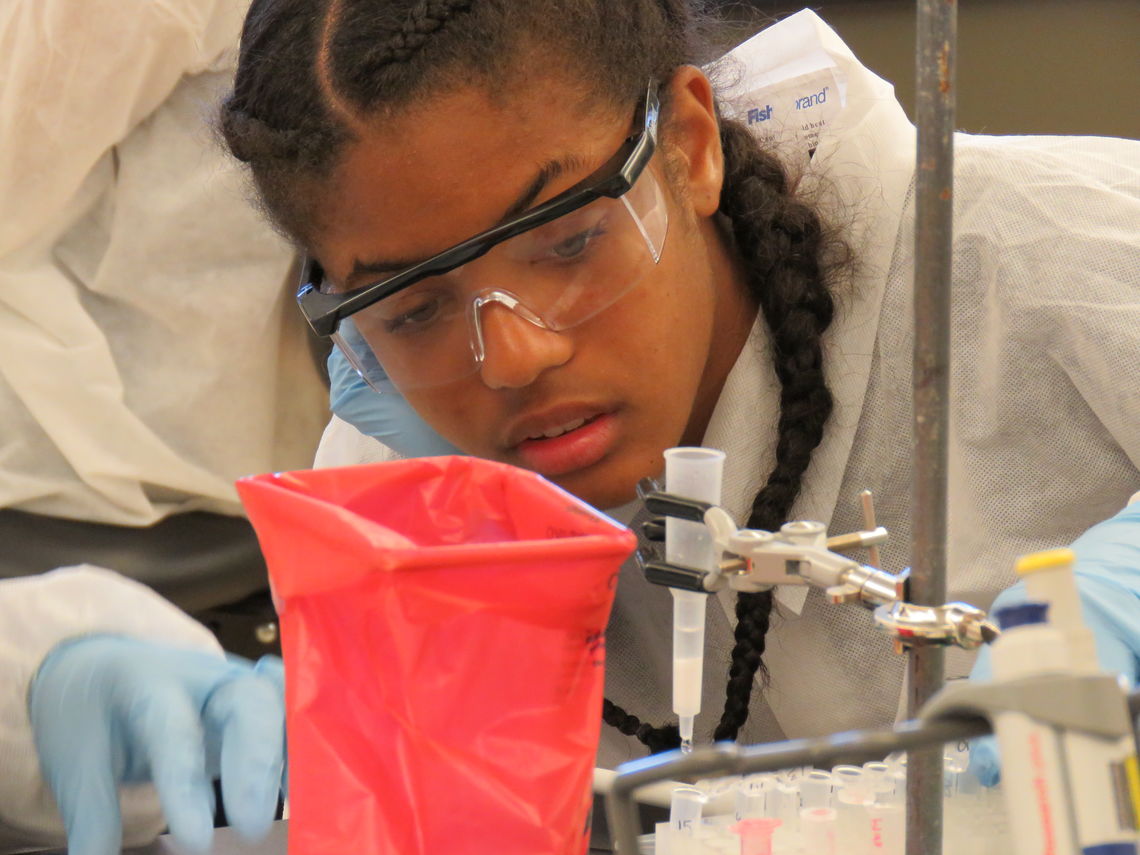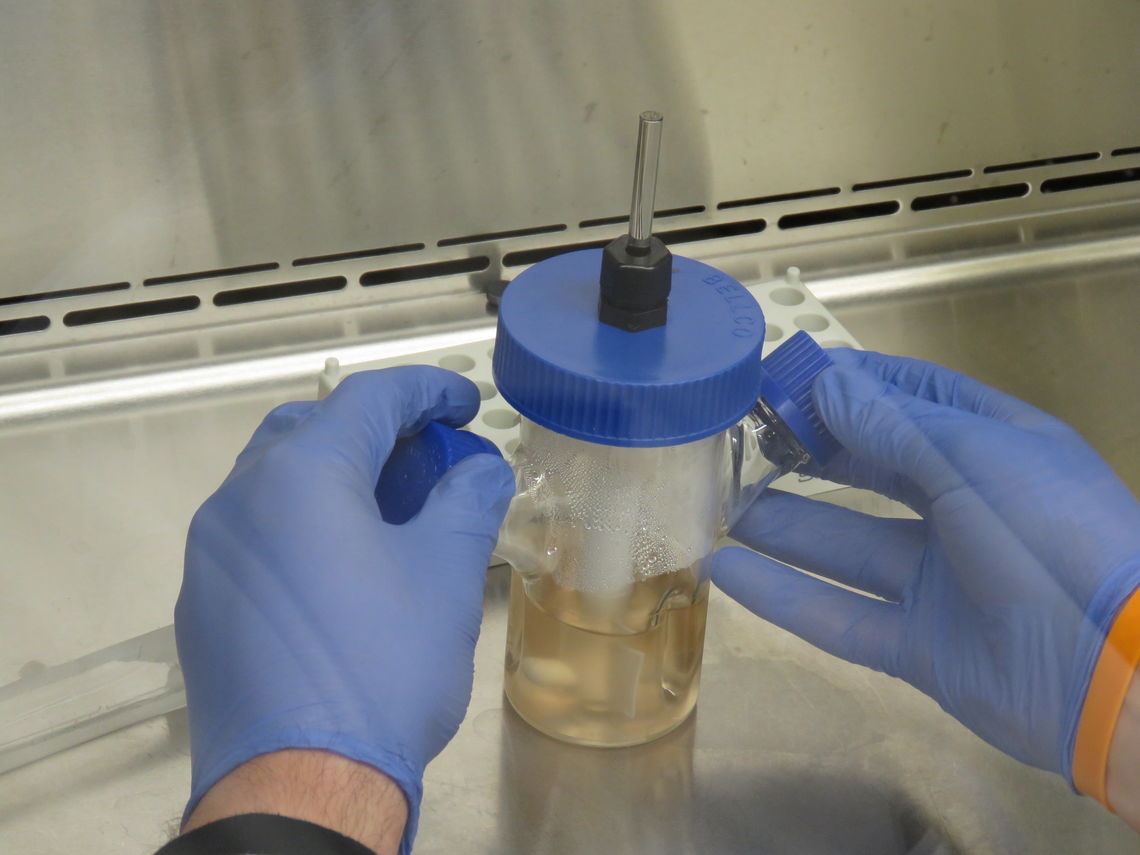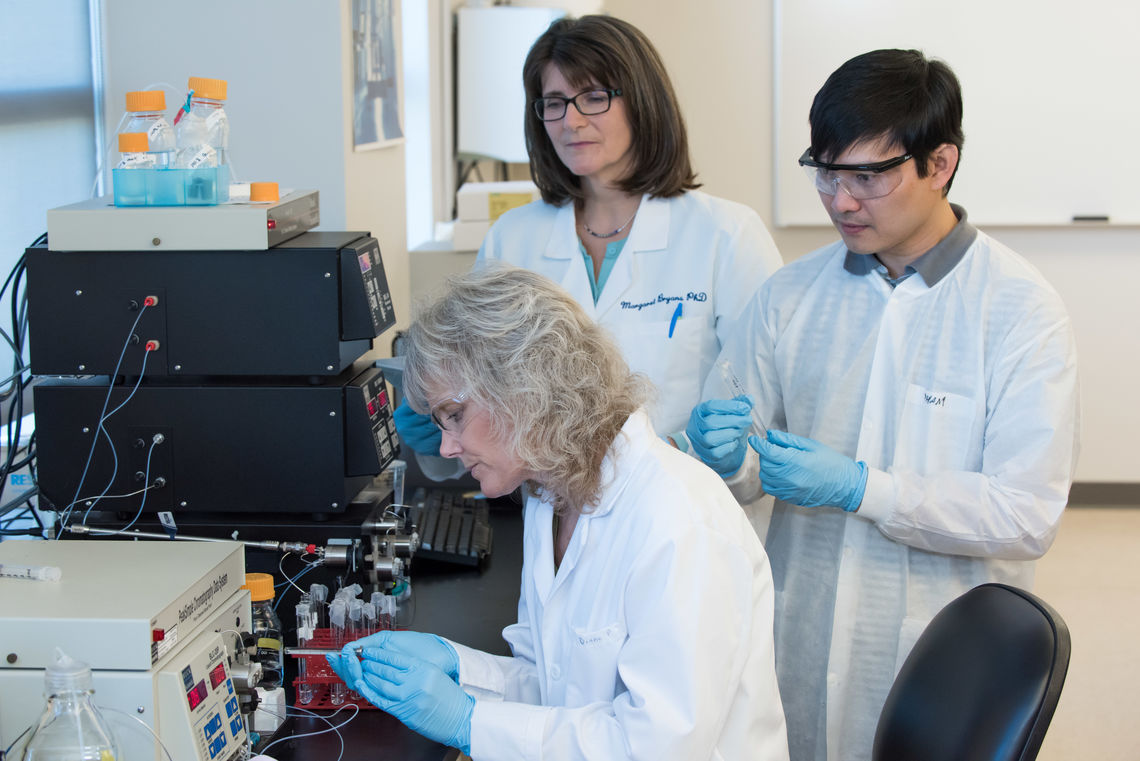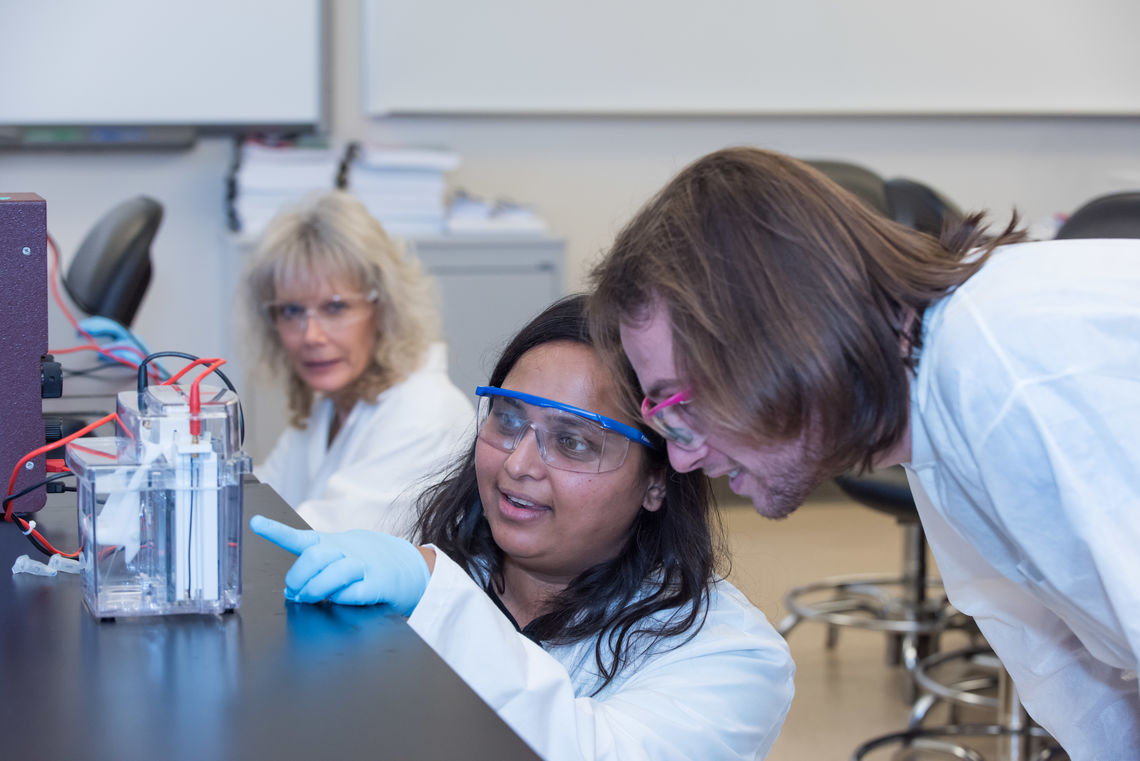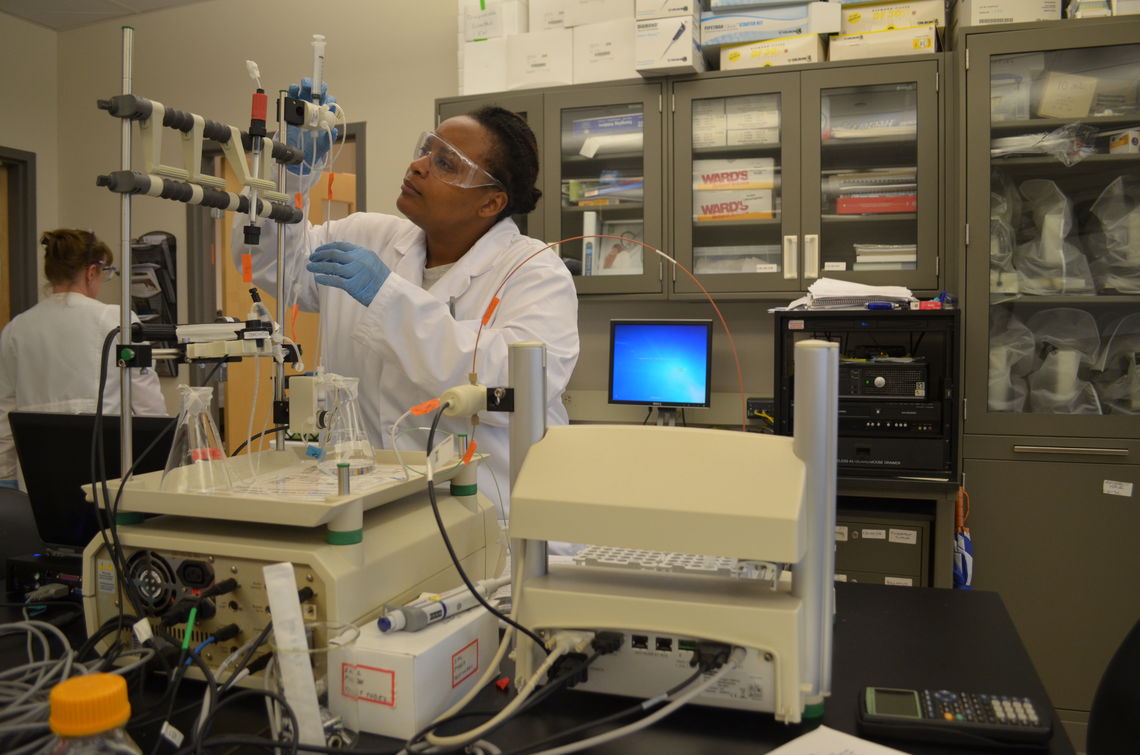What is Biomanufacturing?
Biomanufacturing is the manufacturing component of the biotechnology industry. It’s the manufacture of products using living systems such as microorganisms, animal cells, or plant cells. These living cells can be naturally occurring or more often they have been genetically engineered to produce the specific substance.
Examples of biomanufactured biomolecules are proteins or nucleic acids used in medicines, enzymes used in the food industry or biodegradable bioplastics that are produced in bacteria during growth.
The pharmaceutical industry uses biomanufacturing to produce the medicinally active ingredients that will be formulated into a final drug product, referred to as a biologic. These active drug molecules are proteins such as antibodies, cytokines, hormones and enzymes. The process of manufacturing these biomolecules involves advanced cell culture, when cells make the active drug substance (upstream processing), and purification methods such as chromatography and filtration to isolate the substance from cellular and process contaminants (downstream processing). It is a highly complex process that must follow strict FDA guidelines and requires highly trained technicians. The biopharmaceutical industry is a rapidly growing sector with a 25% share in the overall pharmaceutical market, employment in this sector is expected to grow 10% in the next 5 years.
NBC2 Introduction to Biomanufacturing Text Book Chapter 1
Part 1: https://weekly.biotechprimer.com/biomanufacturing-how-biologics-are-made/
Part 2: https://weekly.biotechprimer.com/wading-deeper-into-biomanufacturing/
https://www.biotech-careers.org/videos/what-biomanufacturing
https://www.youtube.com/watch?v=ije0paANw88
https://www.youtube.com/watch?v=jvCdW0S3Ajc&feature=emb_rel_end
https://biotech-careers.org/education/bachelors-degree
